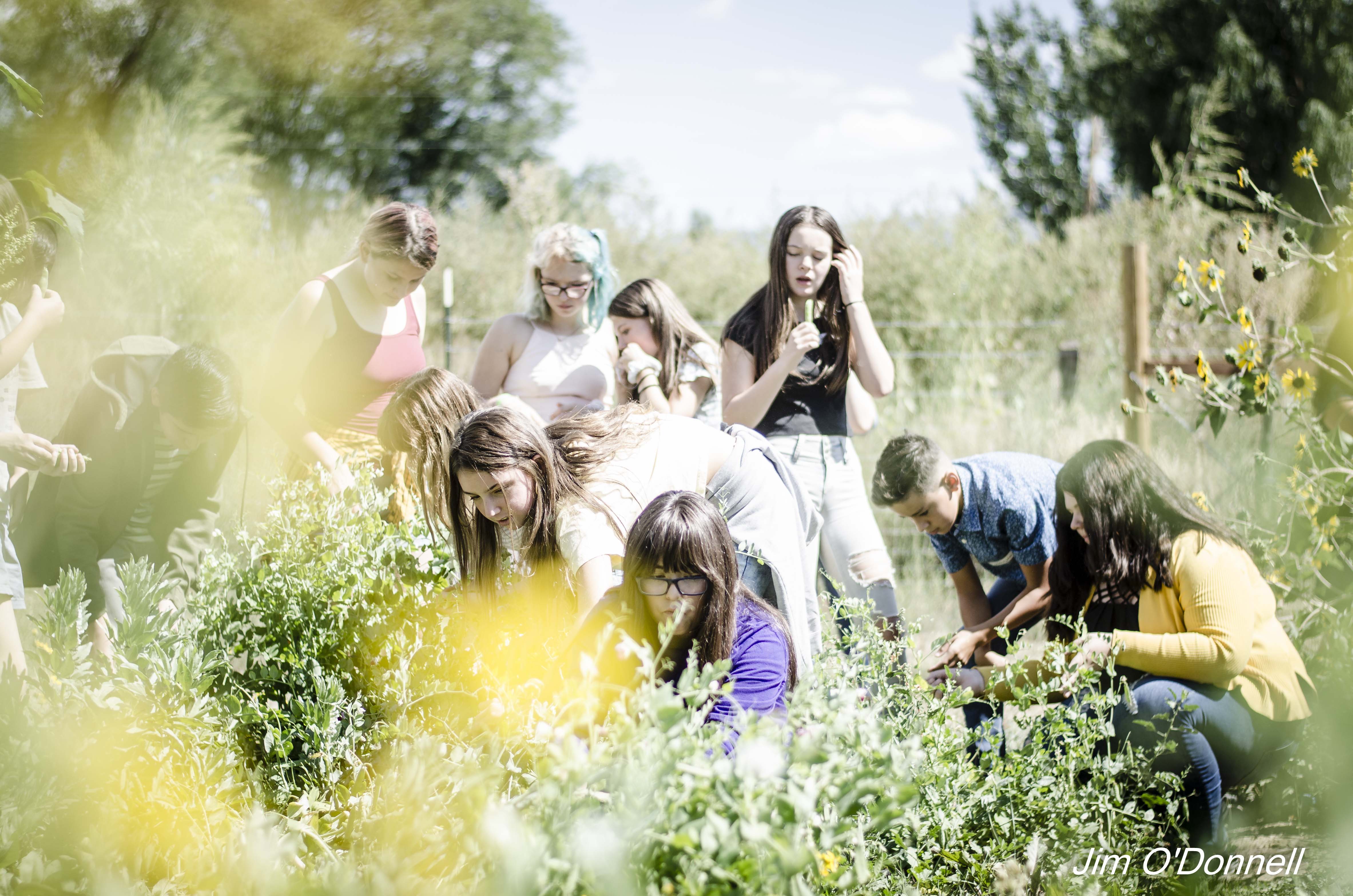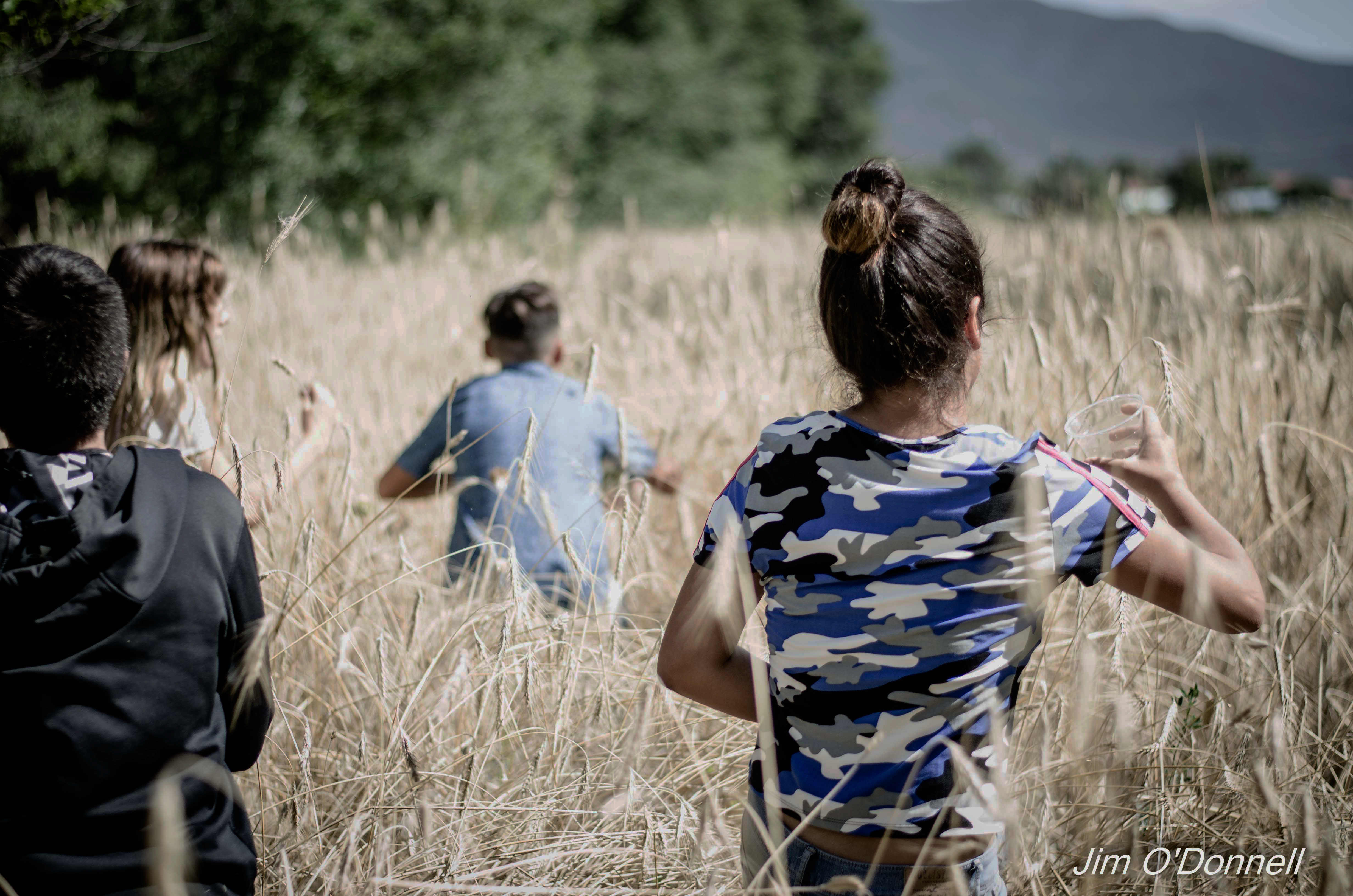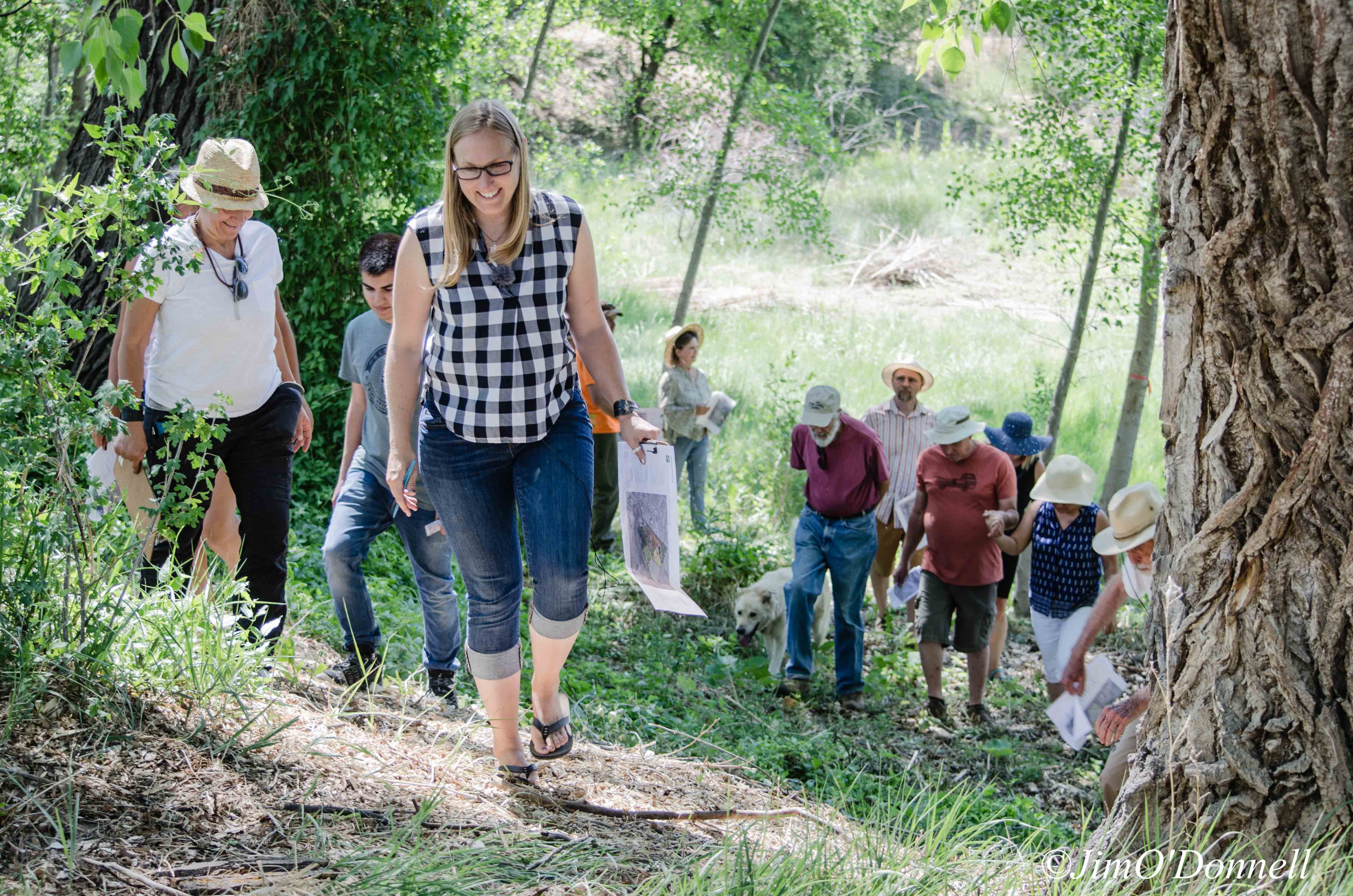WHY FOREST STEWARDSHIP MATTERS
Years of natural fire repression, a warming climate, insect infestation and human development have made deliberate management a necessity for healthy, intact forests. With our dedicated partners, The Moore Charitable Foundation advocates for forest health management practices that champion biodiversity, build resilience from fire and floods, and ensure the integrity of water resources. MCF also encourages gainful opportunities in the forest health sector for the benefit of local communities and ecosystems health alike.
Forest stewardship comes in many forms, from addressing the nation’s wildfire crisis to restoring the habitats upon which many species depend. Fostering the next generation of forestry advocates also is critical to the improved health of our nation’s forested lands.
Preventing deforestation is a critical piece of responsible forest stewardship. The largely unregulated wood pellet industry is reacting to overseas demand by converting mature forests in the southeastern United States into energy plantations, clearcutting wetlands and coastal hardwood forests. We remain committed to working with our partners to implement responsible guardrails around the staggering and concerning growth of this market.
Achieving these goals would be considerably more difficult without the work of our partners and their invaluable contributions to forest stewardship.
Mitigating Wildfire Impact
The Nature Conservancy New Mexico’s (RGWF) Rio Grande Water Fund is a public-private partnership to address overgrown forested watersheds in Northern New Mexico that result in water scarcity downstream. The RGWF invests in projects that accelerate landscape-scale forest restoration through thinning, controlled burns, stream restoration, post-fire watershed restoration, restoration planning, education and outreach, and monitoring. Since 2014, RGWF has restored more than 251,000 acres.
In neighboring Colorado, the Colorado State University Natural Resources Ecology Laboratory is conducting a three-year initiative to better understand the fire history and forest recovery in southern Colorado and northern New Mexico to guide future forest management strategies and reduce vulnerability, increase the capacity of the ranching community to improve wildlife and habitat management and conservation, and improve stream and riparian restoration and conservation of native trout populations.
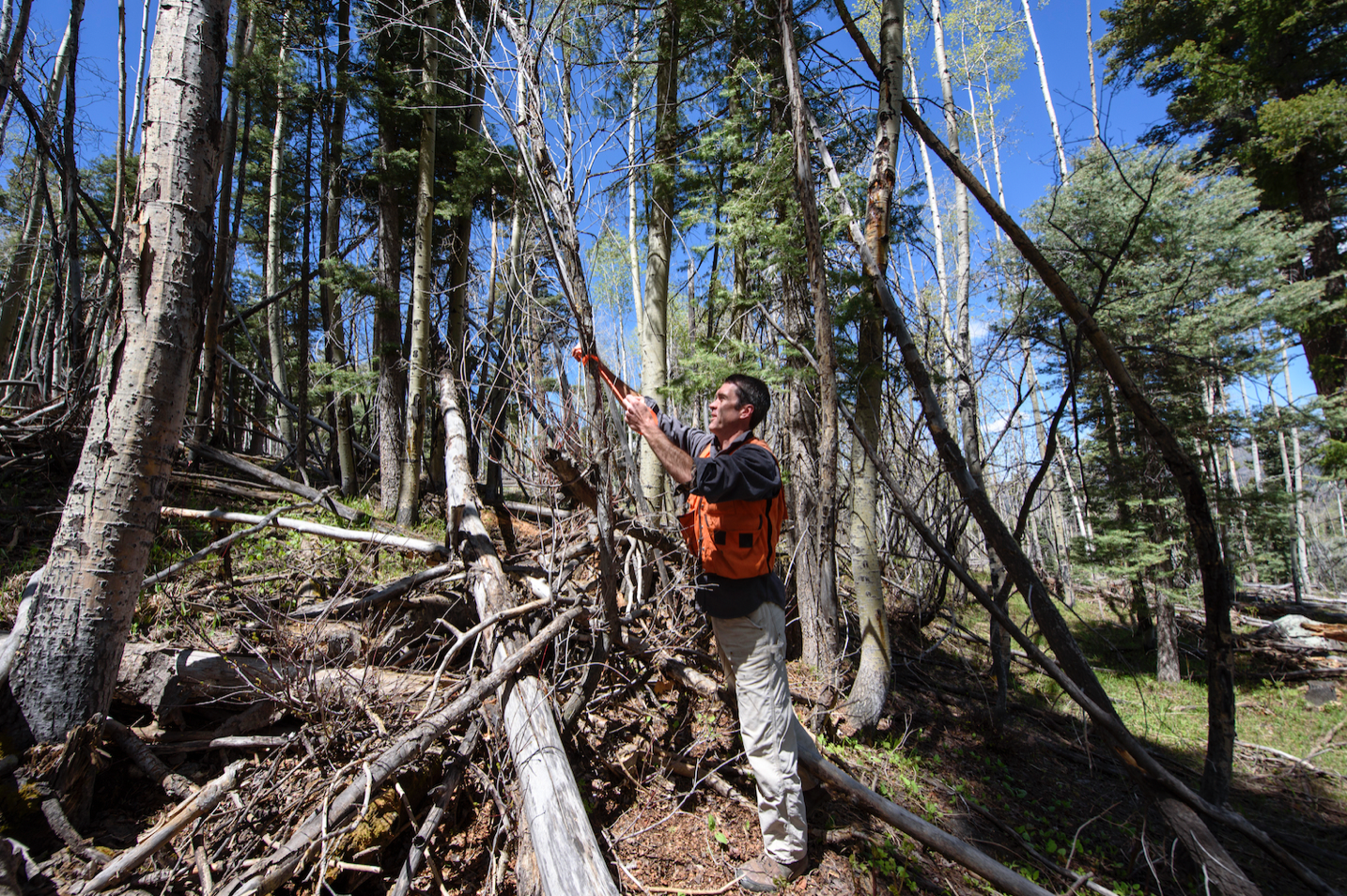
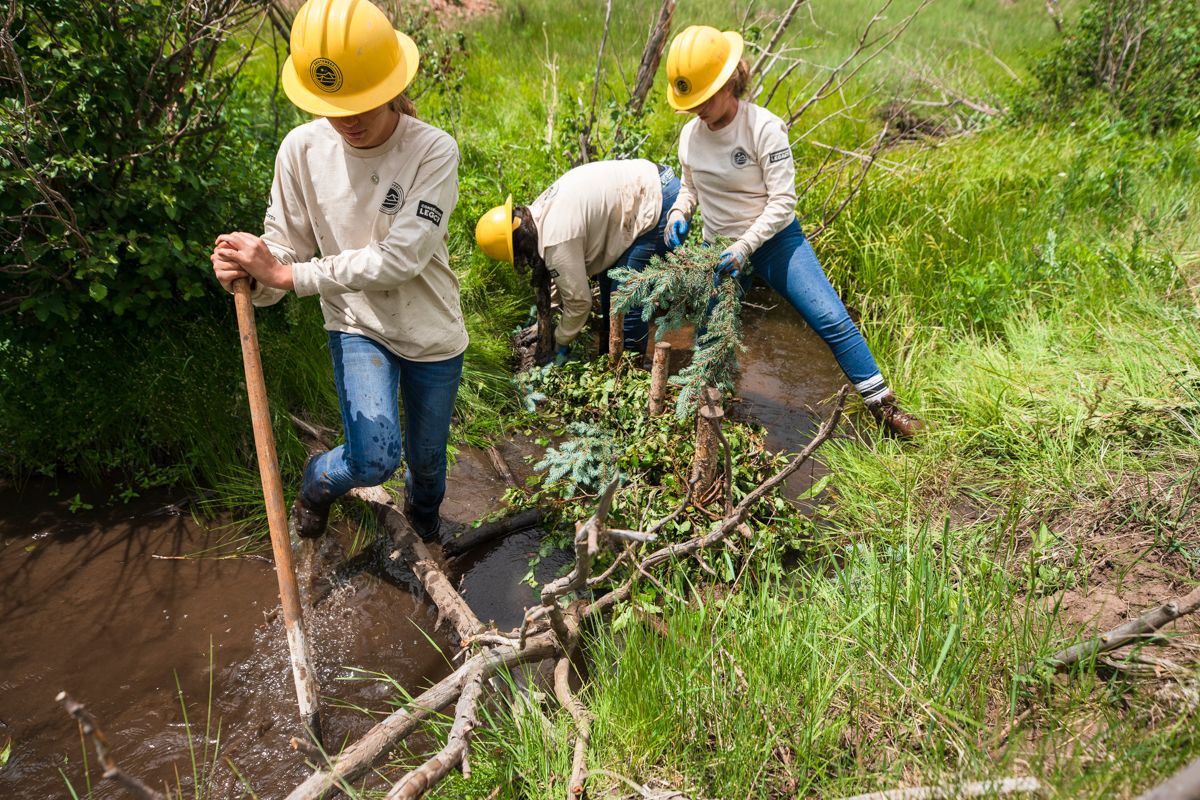
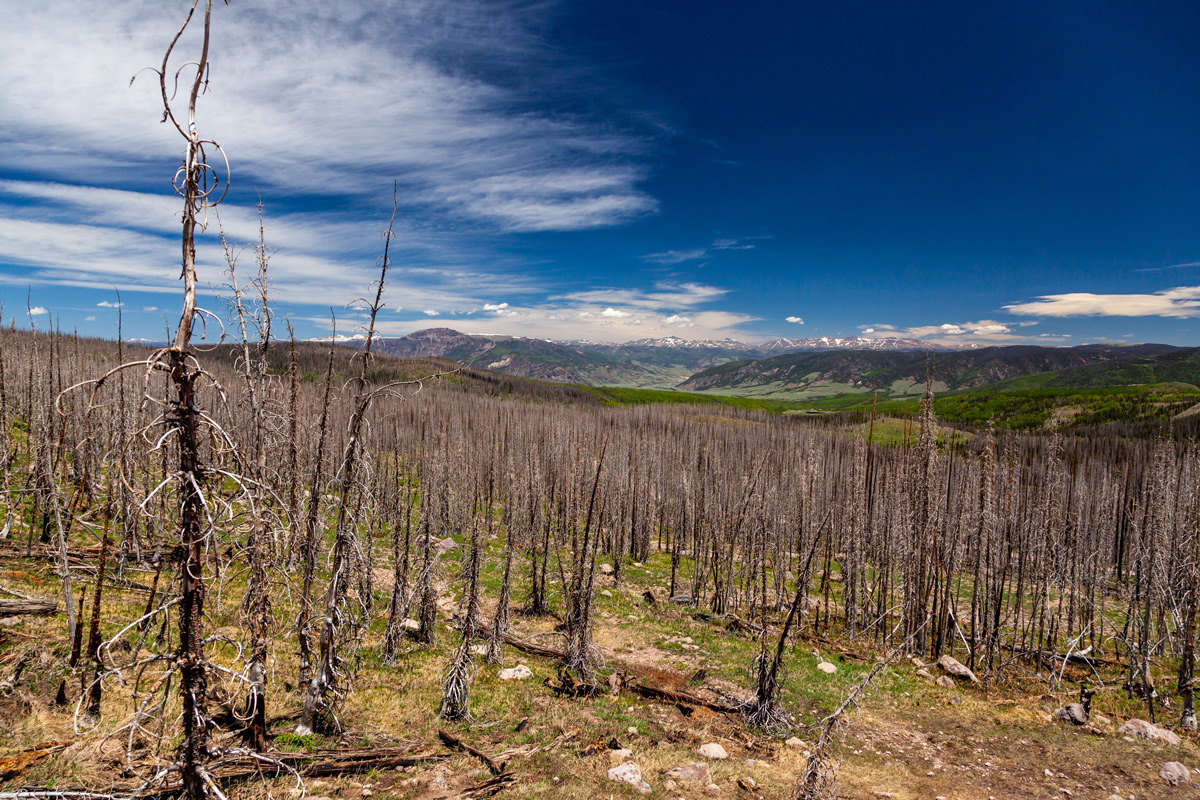
Restoring Habitats and Species
Southeastern North Carolina is recognized as one of the most ecologically diverse locations on earth, with large, interconnected longleaf forests and wetlands. To support their restoration, The Nature Conservancy North Carolina (TNC NC) has established a conservation program that is introducing controlled burning to the landscape, monitoring endangered species like the Red Cockaded Woodpecker, and planting longleaf seedlings. The Orton Foundation supports TNC NC’s work—specifically at the Orton Creek and the Green Swamp preserves in Brunswick County—supporting populations of rare and endangered plants and wildlife and bolstering restoration efforts across adjacent longleaf pine landscapes.
The National Fish and Wildlife Foundation (NFWF)’s public-private partnership, the Longleaf Landscape Stewardship Fund (LLSF), provides strategic project grants to expand, enhance, and accelerate longleaf pine ecosystem restoration through prescribed fire, thinning, invasive species removal, citizen science, and habitat monitoring. The LLSF is dedicated to sustaining, restoring, and enhancing the nation’s fish, wildlife, plants, and habitats for current and future generations.

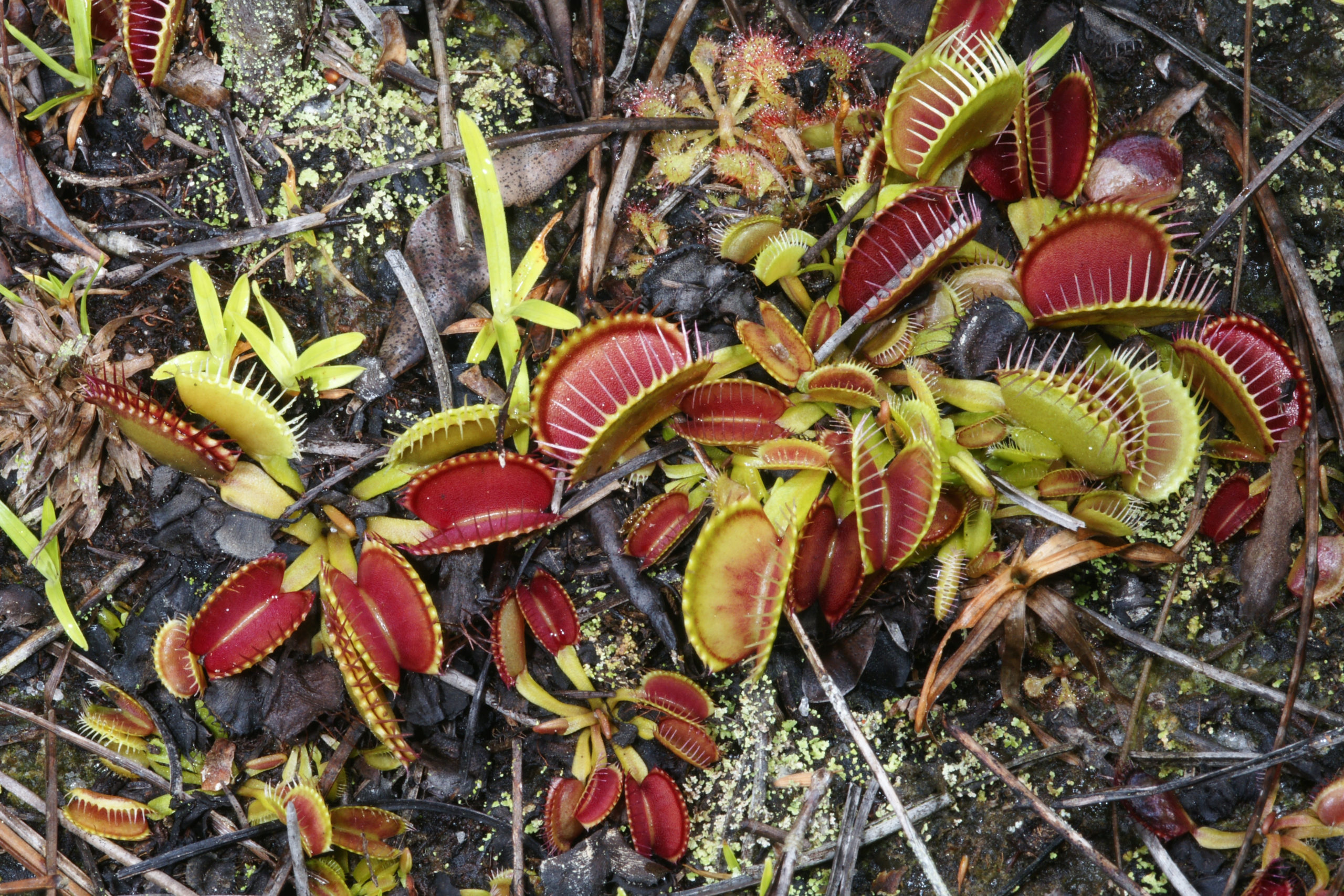

Developing Forestry Leaders
For two decades, the Forest Stewards Guild (FSG) has worked in New Mexico to promote forest stewardship and develop future forestry leaders. In concert with the New Mexico Youth Conservation Corps (NMYCC), a state-funded program, local high school students find employment for the summer with the United States Forest Service. These students learn about local conservation issues such as forest management, fire ecology, watershed health, and wildlife ecology, and they learn skills to help them in future careers in forestry.
The Rocky Mountain Youth Corps (RMYC) engages young people in the outdoors, inspiring them to use their strengths and potential to lead healthy, productive lives through training and team service while contributing to forest health. RMYC deploys youth corps crews to undergo thinning activities and forest restoration work.
The Taos Ski Valley Foundation, a Moore Charitable Foundation affiliate, is proud to partner with both FSG and RMYC to empower the next generation of forest stewards in the western United States.
